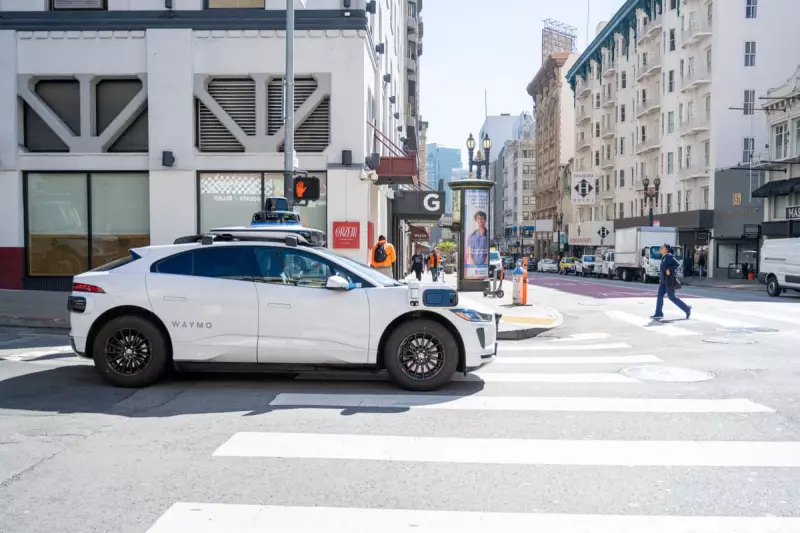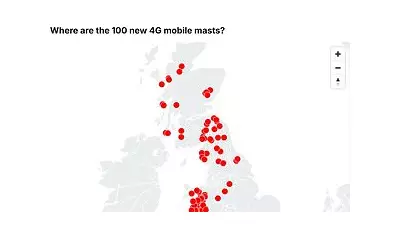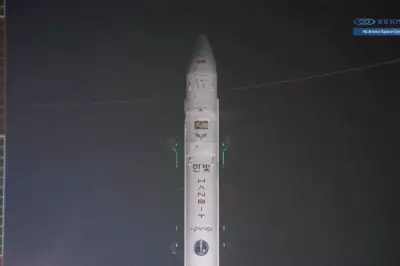
In a significant step for the autonomous vehicle industry, Alphabet's Waymo has declared it will begin operating its driverless robotaxis on freeways for the first time.
The Google subsidiary confirmed on Wednesday that its paid service will utilise freeway routes in San Francisco, Los Angeles, and Phoenix, marking a pivotal expansion as competition in the self-driving sector intensifies globally.
A New Frontier for Autonomous Travel
Initially, these higher-speed freeway journeys will be made available to the company's 'early-access' users. Waymo stated that when a freeway route offers a meaningfully quicker alternative, these users can be matched with a freeway trip. The company promises this will lead to quicker, smoother, and more efficient rides for its customers.
This development is part of a broader scaling effort. Waymo, which is already operational in parts of the San Francisco Bay Area, is also extending its service territory to include San Jose. This expansion notably encompasses the Mineta San Jose International Airport, making it the second airport in its service network after Phoenix Sky Harbor.
Navigating a Competitive and Complex Landscape
The announcement arrives amidst a flurry of activity from rivals. Tesla is expanding its own robotaxi service, albeit with safety monitors and drivers present. Simultaneously, Amazon-backed Zoox is offering complimentary robotaxi rides on and around the famous Las Vegas Strip.
Waymo differentiates itself by being the only company in the US running a paid, fully driverless robotaxi service without any safety drivers or in-vehicle monitors. Its fleet now exceeds 1,500 vehicles. The company first launched its commercial service in Phoenix, Arizona, back in 2020, roughly eleven years after its inception as Google's self-driving car project.
While freeway driving presents fewer variables than complex city streets with pedestrians and intersections, it introduces a new set of high-stakes challenges. Vehicles must manoeuvre around merging traffic and execute safe exits at much greater speeds. Any errors or malfunctions at these velocities could have severe consequences. Waymo has stated it has developed new freeway protocols in collaboration with local highway patrols and safety agencies to mitigate these risks.
Although Tesla has long provided driver-assist features for freeway use, Waymo's move will make it the first company to offer completely driverless rides on a freeway, representing a landmark moment for the technology. The company has grown steadily, yet it, like its competitors, has faced federal scrutiny over unexpected driving behaviour in the past.





